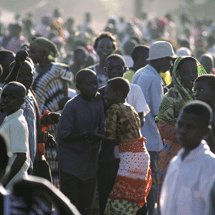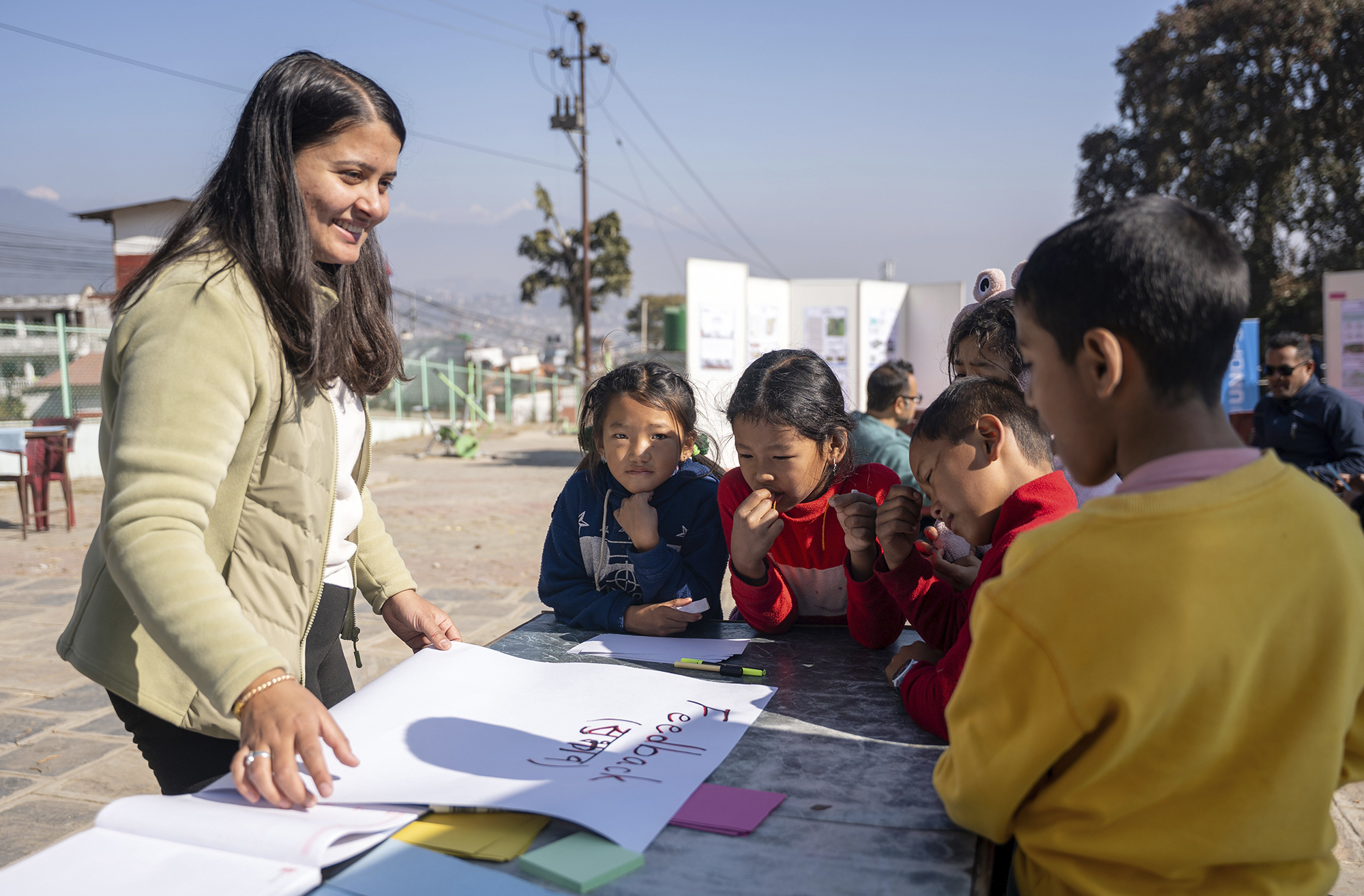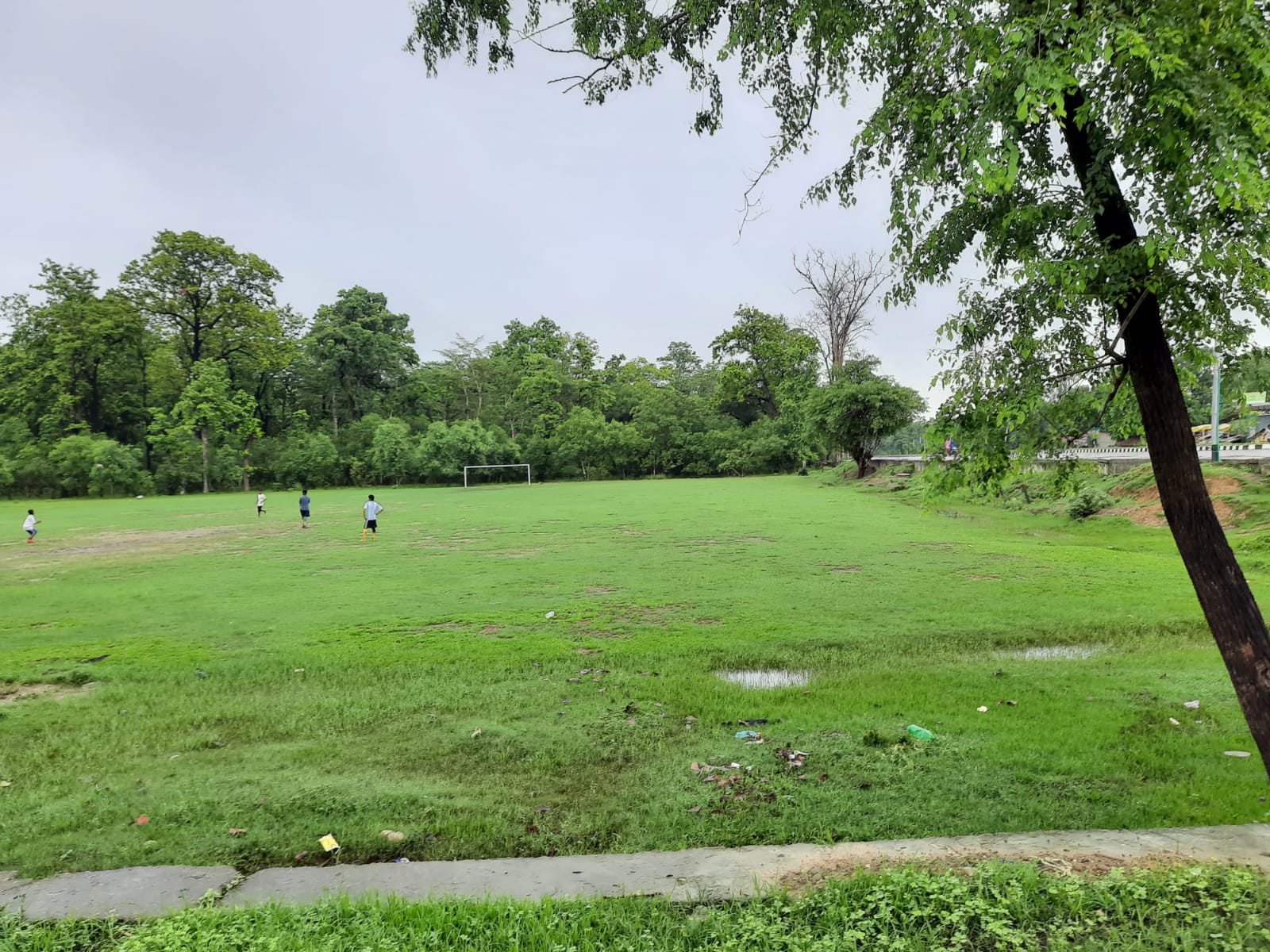
|
|
Urban market in Tanzania.
Photo: Tanzania Tourist Board. |
The report is part of Cities Alliance’s ongoing support for the urban development sector in Tanzania. In the capital of Dar es Salaam, the Alliance is also supporting the development of an action plan to upgrade informal settlements as well as an activity to attract more investment financing for the city.
Like many countries in East Africa, Tanzania is urbanising rapidly. In 1957, only 4.1 per cent of the population lived in urban areas; by 2002, that number had reached 23.1 per cent, and it is projected to continue increasing. In addition, Tanzania has a persistently high population growth rate of 3 per cent.Urban areas across the country are struggling to cope with increasing poverty, the growth of informal settlements as well as inadequate basic services and infrastructure.
In order to better address these urban development challenges and improve the lives of their residents, nine member cities of the Tanzania Cities Network (TACINE)—a non-profit learning network that focuses on documentation and dialogue for better urban development policy and strategies—proposed preparing a State of the Cities Report.
The Report is expected to provide information on urban development in Tanzania that will contribute to strategic city development planning, a key factor in promoting local economic growth and poverty reduction. Its development is also expected to raise the profile of cities and inform national policy and progress assessment initiatives currently underway in Tanzania.
Promoting informed debate and analysis of cities
State of the Cities Reports have become internationally acknowledged as useful analytical tools in urban development. By compiling current, relevant data and analysis, the Reports provide a comprehensive portrait of an urban area from a range of sources and can help establish benchmarks for measuring progress. They also serve as learning tools to inform public management systems so that policies and governance can adapt and innovate.
In Tanzania, the Report will be based on studies of the nine TACINE member cities and municipalities: Dar es Salaam, Tanga, Mbeya, Mwanza, Ilala, Kinondoni, Temeke, Arusha and Zanzibar.
The primary objectives of the Tanzania State of the Cities Report are to:
- Analyse the situation in the nine cities and provide a basis for formulating policies and strategies at both the national and local government levels;
- Inform the public about factors that drive the development of their cities, thus helping them engage on urban development issues; and
- Increase international awareness of Tanzania’s cities in order to attract development, investment, commerce, and research.
It is also expected to create a baseline for cities to monitor future progress, provide benchmarks to compare cities’ performance, and facilitate capacity building of the nine TACINE member cities. On a broader level, the Report will provide a comprehensive assessment of the forces driving urban change in Tanzania, review the impact of government policies on cities, and examine both the challenges as well as the opportunities facing urban areas.
Implementing the State of the Cities Report
The project will be implemented by the nine TACINE member cities in collaboration with stakeholders from those cities and the Dar es Salaam-based Ardhi University (ARU). The development of the Tanzania Report will be implemented in eight components:
1. Project supervision, including hiring staff, advertising the project in the media, and overseeing the implementation process and follow up
2. Sensitisation of the project at the national level, including conducting workshops
3. Review of historical understanding of human settlement in Tanzania and the legal framework
4. Formation of thematic task forces in the cities
5. Developing guidelines for data collection
6. Capacity building of State of the Cities Report secretariats at the municipal and national level
7. Data collection, analysis and compilation of the report
8. Report dissemination
Cities Alliance has allocated $250,000 in funding for the project, with local partners providing an additional $171,703 in co-financing. The grant application, which was formally approved this past July, was submitted by TACINE and sponsored by the German Development Service (DED), UN-HABITAT and the World Bank. The project is expected to take 18 months.
The Cities Alliance has previously supported the development of State of the Cities Reports in South Africa, and is currently supporting the development of Reports in Brazil, Nigeria, Mozambique, Syria, Latin America and the Caribbean. In December 2009, the Alliance agreed to co-finance an initiative to support the development of State of the Cities Reports in sub-Saharan Africa.




